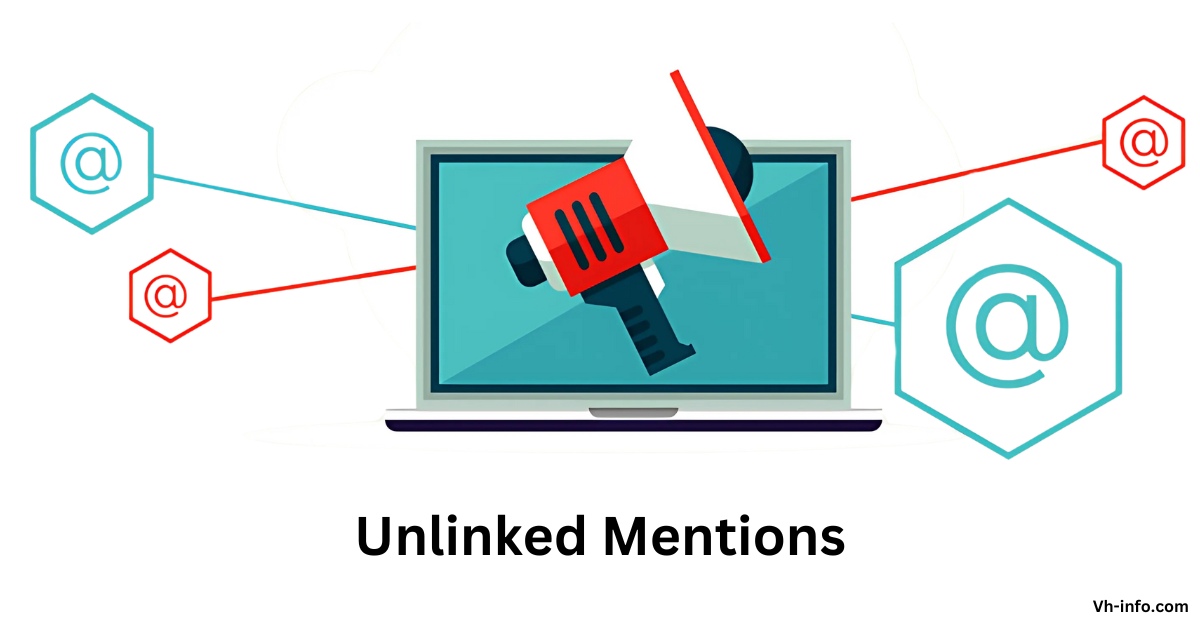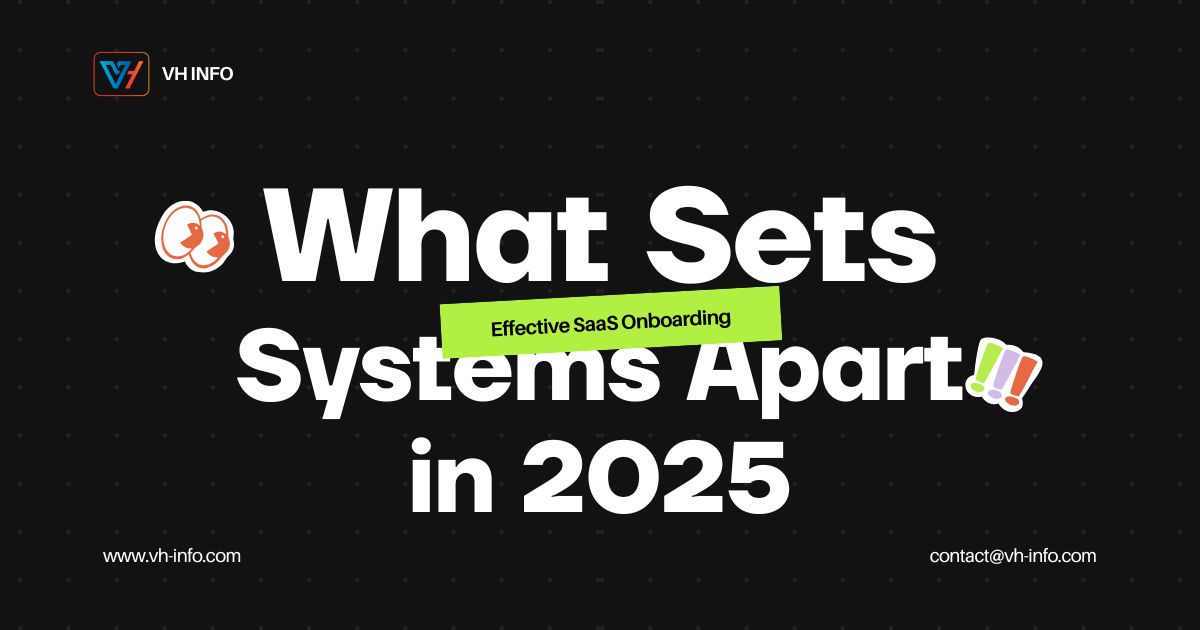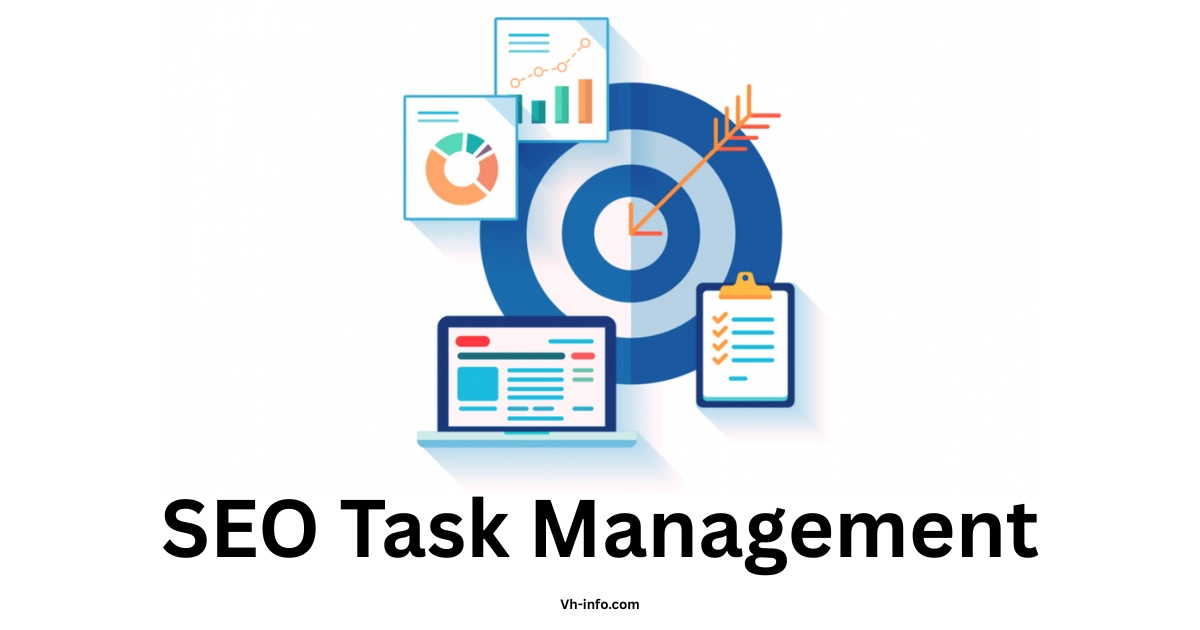In the competitive digital landscape, building a robust online presence is essential for SaaS companies.
Among the many strategies to enhance brand visibility and domain authority, unlinked mentions stand out as a powerful yet underutilized tool. These mentions can significantly contribute to your SEO efforts, driving organic traffic and creating valuable backlinks.
In this comprehensive guide, we’ll explore what unlinked mentions are, why they matter, and how to use them effectively for your SaaS brand.
What Are Unlinked Mentions?
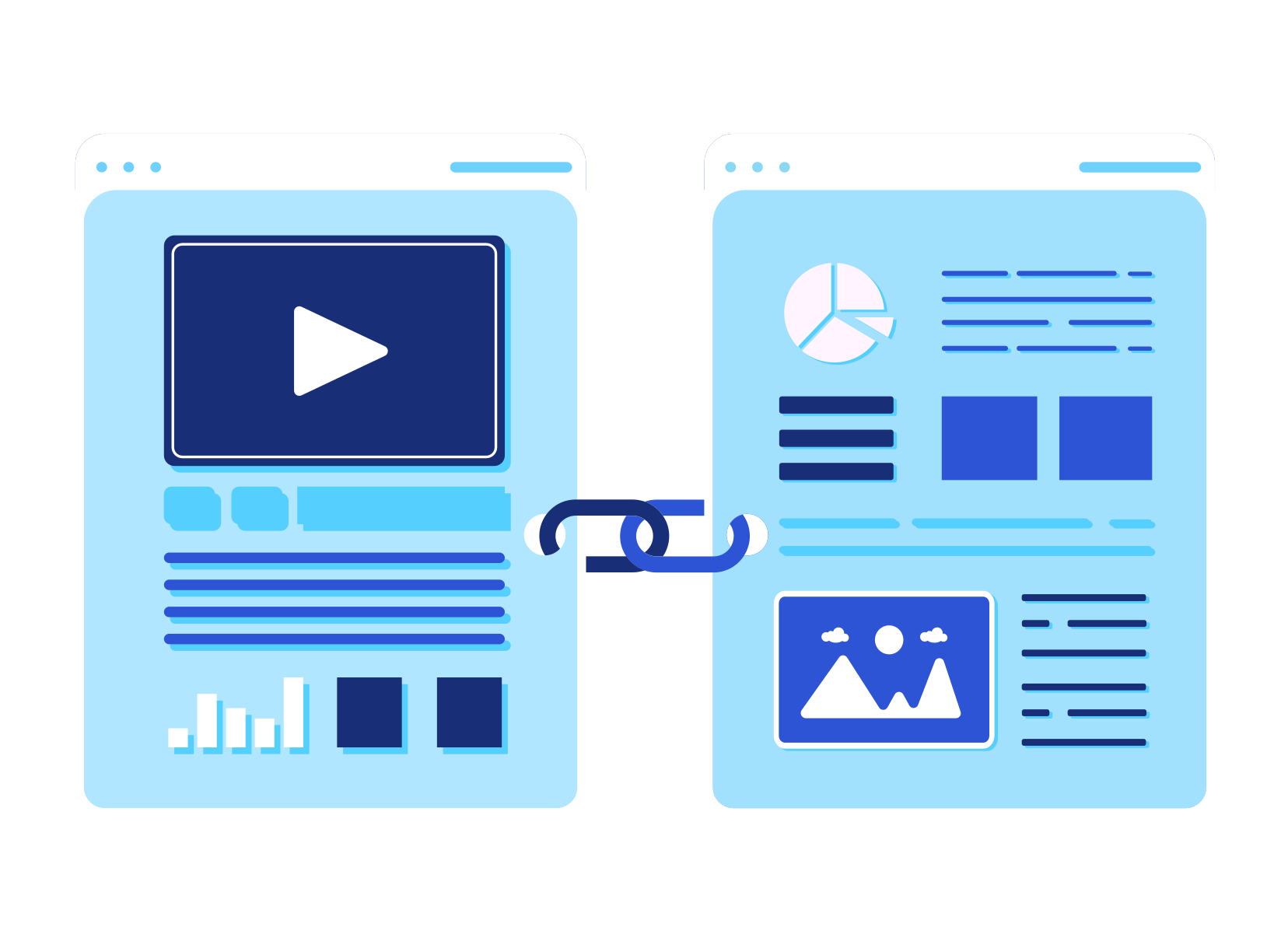
An unlinked mention occurs when your brand name, product name, or other related terms are mentioned online without a hyperlink back to your website. These mentions can appear in various forms, such as in blog posts, news sites, or on social media platforms.
While they do not directly contribute to your backlink profile, they represent untapped opportunities for link building.
For example, if a blog post praises your SaaS product but doesn’t include a clickable link to your site, that’s an unlinked mention. Turning such mentions into linked mentions can enhance your site’s domain authority and improve its performance in search engine results.
Why Are Unlinked Mentions Important?
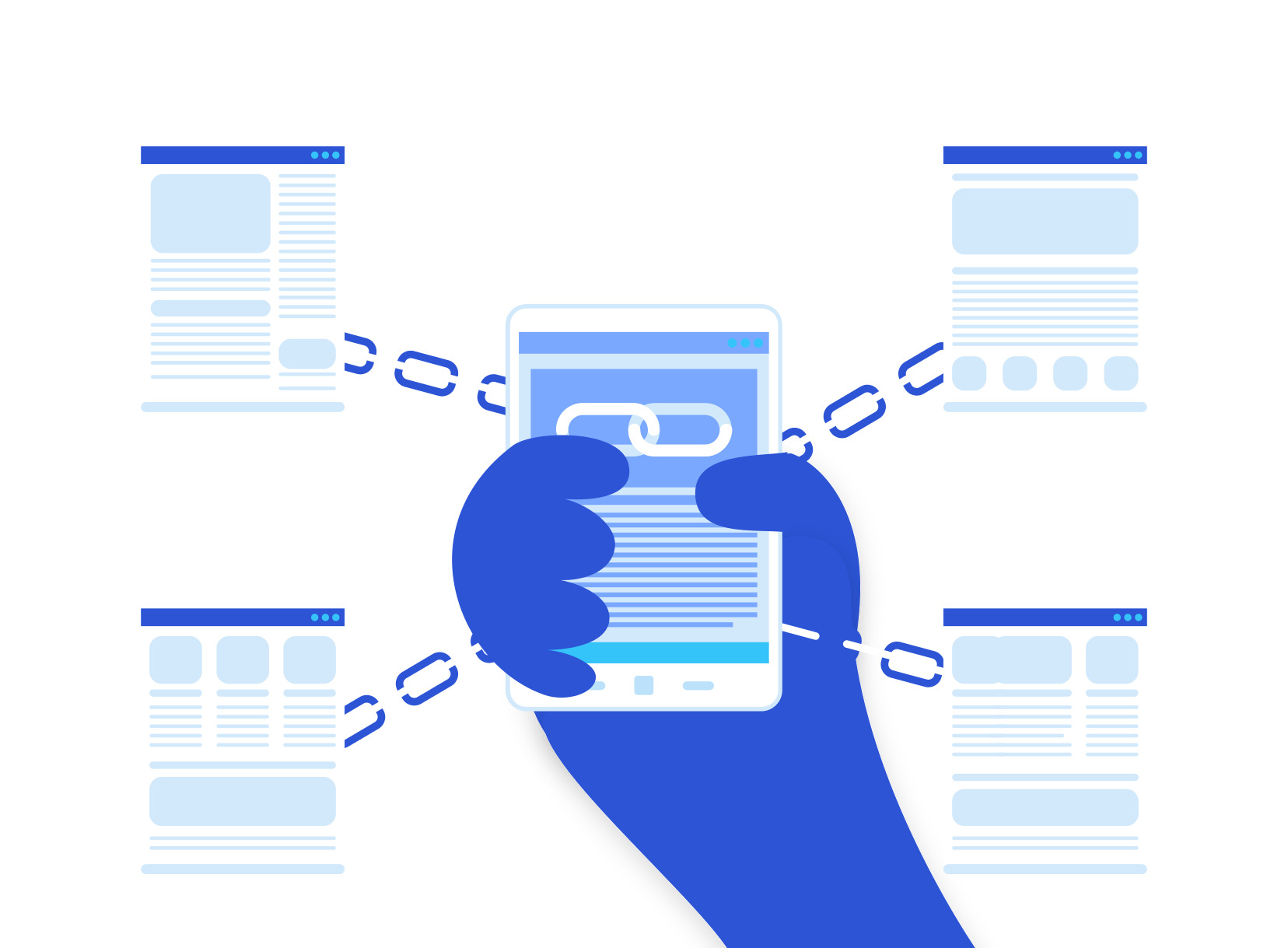
Unlinked mentions are valuable for several reasons:
- Boost Brand Awareness: They increase your brand visibility across the web.
- Improve SEO Value: Converting them into backlinks enhances your site’s authority and improves its rankings in search results.
- Drive Website Traffic: Links from relevant mentions can lead to increased website traffic from interested users.
- Strengthen Relationships: Reaching out to site owners for link placement fosters connections that may lead to future collaborations.
When Shouldn’t You Seek Out Unlinked Mentions?
Not all unlinked mentions are worth pursuing. Avoid targeting:
- Mentions on low-quality or spammy websites.
- Instances where the mention lacks relevance to your brand or services.
- Situations where the site owner explicitly states they do not add links.
Types of Unlinked Mentions

Unlinked mentions come in different forms, and recognizing these helps you focus on the most valuable backlinks for your link building strategies.
Below are the main types of unlinked mentions explained:
Brand Name Mentions
These occur when your brand name or company name is mentioned online without linking back to your website.
For example, a news site might mention your SaaS tool in an article but not include a clickable link. Such mentions of your brand are common in blog posts, reviews, or interviews. These are among the easiest to convert into linked mentions, as they directly reference your business and provide a clear opportunity to improve your domain authority and online presence.
Product Or Service Mentions
These refer to mentions of specific tools, services, or features you offer, such as a “content explorer” or “SEO tools.”
For instance, someone might mention your product name in a comparison article but fail to link it back to your site. Turning these into backlinks can boost website traffic and highlight your offerings to a wider target audience, enhancing their trust in your brand.
Content Mentions (E.g., Blog Posts, Infographics)
When someone refers to your published content, like an infographic or a blog post, without linking to it, that’s a content mention.
These unlinked mentions often appear in articles discussing related topics or sharing insights from your research. Converting these into backlinks not only drives organic traffic but also amplifies the reach of your content, improving its SEO value.
Event Or Research Mentions
If you’ve hosted an event, published research, or shared case studies, these might get referenced online without proper links.
For instance, someone might cite statistics from your study or mention an event you organized but leave out the hyperlink. These mentions are excellent opportunities for building quality backlinks, especially from high-authority sources like news sites or industry blogs.
Social Media Mentions
These occur when someone talks about your brand on platforms like Twitter, LinkedIn, or Facebook but doesn’t include links to your website.
While social media platforms don’t directly contribute to SEO through links (most are nofollow links), converting relevant mentions into backlinks on external sites can significantly enhance your brand visibility and drive more traffic from interested users.
How to Find Unlinked Brand Mentions and Turn Them Into Backlinks?
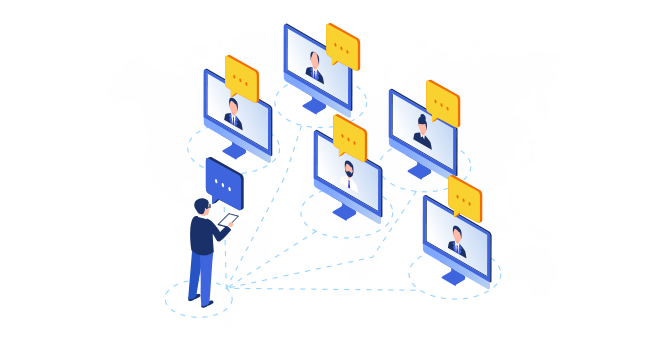
Turning unlinked mentions of your brand into valuable backlinks requires a structured approach.
Below are the steps explained in simple terms:
Find Unlinked Brand Mentions
Start by searching for online mentions of your brand name, product name, or services that don’t include a link to your website.
Use tools like Google Alerts, Ahrefs’ Site Explorer, or SEMrush to track mentions across news sites, blog posts, and other platforms. You can also use Google search operators to locate mentions manually. This is the first step in identifying opportunities for link building.
For SaaS companies looking to scale their link-building efforts efficiently, using a SaaS Link Building Service can simplify the process and maximize results.
Monitor New Mentions
Set up alerts using tools like Google Alerts or Mention to track new mentions of your brand in real time.
This ensures you don’t miss fresh opportunities to convert unlinked mentions into backlinks. Regular monitoring helps you stay updated on your online presence and allows you to act quickly.
Filter Your Prospect List
Once you’ve collected a list of unlinked mentions, filter it to focus on relevant mentions from high-quality websites.
Prioritize mentions on sites with high domain authority, as these provide the most SEO value. Remove mentions from spammy or low-authority sites, as they won’t contribute much to your SEO efforts.
Clean Your Prospect List
After filtering, clean up your list further by removing irrelevant or outdated mentions. Focus on mentions that align with your brand’s goals and target audience.
For example, a mention in a niche blog post related to your industry is more valuable than one on an unrelated forum.
Find Email Addresses Of Decision-Makers For Outreach
Identify the right person to contact, such as the site owner, editor, or content creator.
Use tools like Hunter.io or LinkedIn Sales Navigator to find their email address. Having the correct contact information increases the chances of successful outreach.
Create Personalized Email Copy
Write a tailored outreach email explaining why adding a link benefits both parties.
Highlight how linking to your site improves their content’s value for readers. Avoid generic emails—personalization shows effort and builds trust with the recipient. Mention the specific unlinked mention you’re referring to for clarity.
Follow Up
If you don’t receive a response after your initial email, send polite follow-up messages.
Persistence often pays off in outreach efforts, but ensure you’re not overly aggressive. A friendly reminder can increase your success rate.
Be Flexible in Negotiations
During outreach, be open to suggestions from the site owner or editor. They might prefer to link to a different page on your site or request additional information about your brand. Flexibility helps build relationships and improves the likelihood of securing a backlink.
When Should I Not Convert Unlinked Mentions?
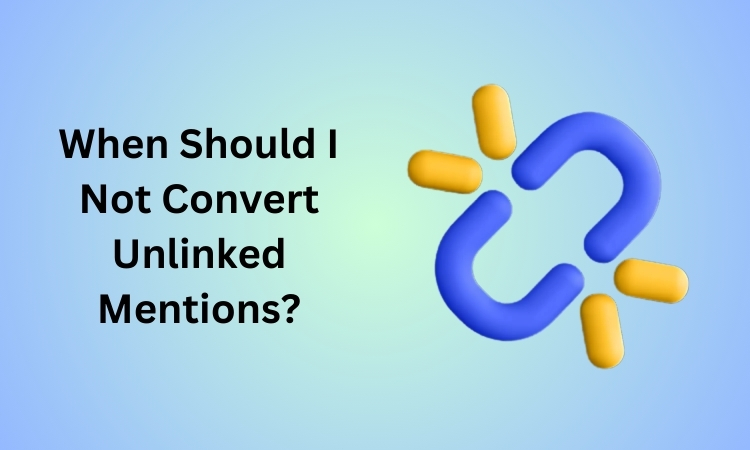
Avoid converting unlinked mentions when:
- The mention is on a low-quality website with no SEO value.
- The context of the mention does not align with your brand messaging.
- The effort required outweighs the potential benefits (e.g., minimal traffic).
Challenges With Unlinked Mentions
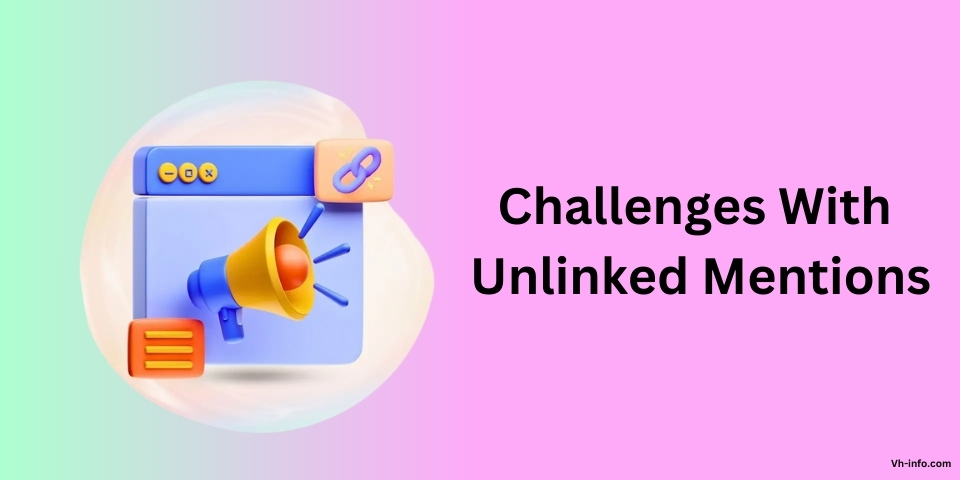
While unlinked mentions offer significant opportunities for link building, some challenges can make the process complex.
Below are the two main difficulties which is explained below:
Difficulty in Tracking Across The Web
Finding all instances of unlinked mentions of your brand across the vast internet can be a daunting task.
Without the right SEO tools, like Google Alerts, SEMrush, or Ahrefs’ Site Explorer, tracking mentions manually is time-consuming and inefficient.
Mentions can appear on social media platforms, news sites, or niche blogs, making comprehensive coverage challenging. Additionally, some mentions may not show up in search results due to limited visibility or indexing issues.
Using tools that allow advanced filtering, such as by domain name or relevance, is the best way to simplify this hard part of the process and ensure no valuable opportunities are missed.
Convincing Owners To Update Their Content
Even when you identify relevant mentions, persuading site owners or editors to add a link can be difficult.
Some may have strict editorial policies against adding links, while others might not see the benefit of updating their content. In some cases, they may ignore your outreach email altogether.
To overcome this, it’s important to create personalized messages that highlight how linking to your site adds value to their readers and improves their content’s SEO value.
Building relationships with content creators through professional yet friendly communication can increase your success rate. However, patience and persistence are key in this part of your outreach efforts.
Tools For Tracking Unlinked Mentions
![]()
Finding and managing unlinked mentions can be time-consuming, but using the right tools simplifies the process. These tools help track online mentions of your brand name, product name, or services, saving you time and effort.
Here are two popular options:
Google Alerts For Real-time Mentions
Google Alerts is a free tool that notifies you whenever your brand name or related keywords appear online. It’s one of the easiest ways to monitor new mentions in real time.
Simply set up alerts for your company name, product, or other relevant terms, and you’ll receive email updates directly in your inbox.
While it’s great for tracking mentions on blogs, news sites, and smaller platforms, it may not catch everything, especially mentions on high-authority websites or social media platforms.
Despite its limitations, Google Alerts is a simple and effective way to stay updated on your online presence without additional costs.
SEMrush For Comprehensive Brand Mention Tracking
SEMrush is a powerful tool that offers advanced features for tracking unlinked mentions of your brand. It provides detailed insights into where your brand is being mentioned, along with metrics like domain authority and traffic potential of the mentioned site.
This helps you focus on high-value opportunities for building quality backlinks. SEMrush also allows you to filter mentions by relevance and track changes over time, giving you a clear picture of your digital marketing performance.
While it requires a subscription, its comprehensive coverage and ability to integrate with other SEO strategies make it an excellent choice for businesses serious about improving their link-building efforts.
Future of Unlinked Mentions

As SEO strategies evolve, unlinked mentions are expected to play an even greater role in improving a brand’s online presence and domain authority.
Here’s what the future holds:
Increasing Role in Off-Page SEO Strategies
Unlinked mentions are becoming a key part of off-page SEO strategies, which focus on building a brand’s reputation outside its website.
Search engines like Google are getting better at recognizing brand mentions, even without links, as a signal of trust and authority. This means that naturally earned mentions on news sites, social media platforms, and blogs will carry more weight in determining your site’s SEO value.
For startups aiming to establish a strong online presence, using tailored strategies like SEO for Startup can help turn these mentions into quality backlinks, boosting rankings, driving organic traffic, and improving overall brand visibility.
Evolution of Tools For Better Identification and Management
The future will likely bring more advanced tools for tracking and managing unlinked mentions.
Current tools like SEMrush and Ahrefs already simplify the process, but we can expect even more precise solutions that use AI to identify new opportunities faster.
These tools will improve the accuracy of tracking mentions across platforms, including harder-to-monitor areas like forums or niche sites.
As these tools evolve, they will make it easier to convert mentions into valuable backlinks, saving time and increasing the success rate of your outreach efforts.
Is Claiming Unlinked Brand Mentions a Worthwhile Endeavor?
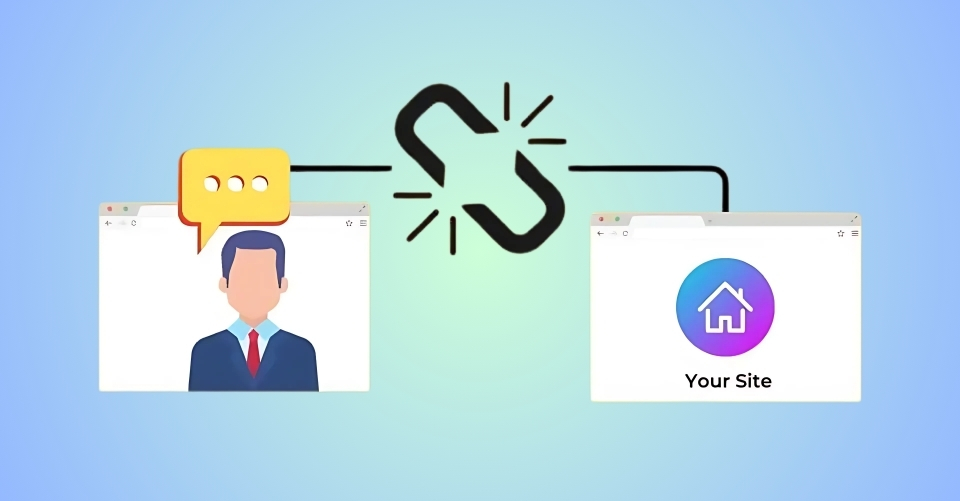
Yes, claiming unlinked brand mentions is worthwhile!
It’s one of the easiest ways to earn valuable backlinks without creating new content or engaging in complex campaigns.
By converting relevant mentions into links, you can improve your site’s domain authority, increase website traffic, and strengthen your overall SEO performance.
Additionally, reaching out to site owners or content creators fosters relationships that could lead to future collaborations, such as a guest post or other partnerships.
While some challenges exist—like convincing editors to update their content—the benefits far outweigh the hard work involved. For any business looking to enhance its digital marketing efforts, claiming unlinked mentions is a smart step toward achieving the best results.
Best Practices For Using Unlinked Brand Mentions

To maximize the potential of unlinked brand mentions, it’s essential to follow proven SEO strategies.
Here are some best practices to help you turn these mentions into valuable backlinks and improve your online presence:
Prioritize High-Authority Websites
Focus on mentions from websites with high domain authority. Links from such sites carry more SEO value, boosting your rankings in search results and driving more organic traffic.
Use tools like SEMrush or Ahrefs to identify high-authority sources. Avoid low-quality or spammy sites, as they won’t contribute positively to your SEO efforts.
Build Relationships With Content Creators
Establishing connections with bloggers, journalists, and other content creators can open doors for future collaborations.
When you reach out to them about an unlinked mention, approach them professionally and offer value in return. These relationships can lead to opportunities like a guest post, increasing your chances of earning quality backlinks.
Engage in Public Relations and Content Marketing
Proactive public relations (PR) campaigns and strong content marketing strategies can generate more mentions of your brand.
For example, publishing research, hosting events, or sharing case studies can get your brand featured on news sites or blogs. These mentions often provide opportunities for link placement, enhancing your brand’s visibility.
Use Social Listening to Monitor Brand Sentiment
Social listening tools like Mention or Brand24 help track social media mentions and online discussions about your brand.
Monitoring brand sentiment allows you to identify positive mentions that can be converted into links while addressing any negative feedback to protect your reputation.
Optimize For Local SEO
For businesses targeting specific regions, focus on mentions from local directories, blogs, or news outlets.
Optimizing for local SEO ensures that your brand is visible in geographically relevant searches. Converting local mentions into backlinks can improve your rankings in location-based search queries and attract a more targeted audience.
Measuring the Impact of Unlinked Brand Mentions

Monitor these metrics to assess success:
- Branded Search Volume: Track increases in searches for your company name.
- Direct Traffic: Measure traffic from linked mentions.
- Domain Authority: Evaluate improvements in site authority over time.
- Conversions and Engagement: Analyze user actions resulting from backlinks.
- Conversions of Mentions into Backlinks: Track how many unlinked mentions were successfully converted into links.
FAQ’s:
How Do Unlinked Mentions Differ From Traditional Backlinks?
Unlinked mentions refer to cases where your brand name, product name, or content is mentioned online without a clickable link to your website.
In contrast, traditional backlinks are hyperlinks that directly lead users to your site. While unlinked mentions don’t directly boost SEO value, they can still improve brand awareness and serve as opportunities for earning valuable backlinks.
Are Unlinked Mentions Valuable For All Businesses?
Yes, but the value depends on the type of business and its target audience. For SaaS companies or brands with a strong online presence, unlinked mentions can drive organic traffic and improve domain authority when converted into links.
However, businesses with limited mentions might not see immediate benefits.
Is There An Ideal Way to Turn Unlinked Mentions Into Backlinks?
The best way is to identify relevant mentions using tools like SEMrush or Google Alerts, then reach out to the site owner with a personalized outreach email. Highlight how linking to your site adds value to their content and improves their readers’ experience. Follow up politely if needed, and be flexible during discussions.
What Tools Do You Recommend For Tracking Unlinked Mentions?
Tools like Google Alerts and SEMrush are great for tracking unlinked brand mentions. Google Alerts provides free notifications about new mentions in real time, while SEMrush offers advanced features like filtering by domain authority and relevance, making it easier to focus on high-quality opportunities.
Do Unlinked Mentions Impact Local SEO?
Yes, unlinked mentions on local directories, blogs, or news sites can improve your brand’s visibility in location-based searches. Converting these into backlinks enhances your rankings in local search results, driving more targeted traffic and improving your overall local SEO efforts.
Conclusion
Unlinked mentions are a powerful tool for improving your brand’s online presence, domain authority, and overall SEO efforts.
Identifying and converting unlinked brand mentions into valuable backlinks can help drive more organic traffic, boost your site’s rankings in search results, and strengthen relationships with site owners and content creators.
While challenges like tracking mentions and convincing editors exist, using tools like Google Alerts and SEMrush can simplify the process.
The future of unlinked mentions looks promising, with advancements in tools making it easier to find and manage them. Including best practices such as prioritizing high-authority websites, engaging in public relations, and optimizing for local SEO ensures you get the best results.
For SaaS brands looking to enhance their digital marketing strategies, using unlinked mentions is a smart, impactful step toward achieving long-term success.
